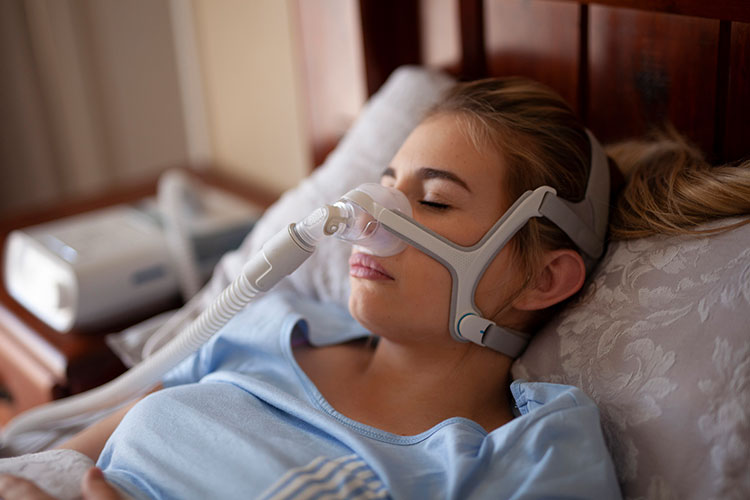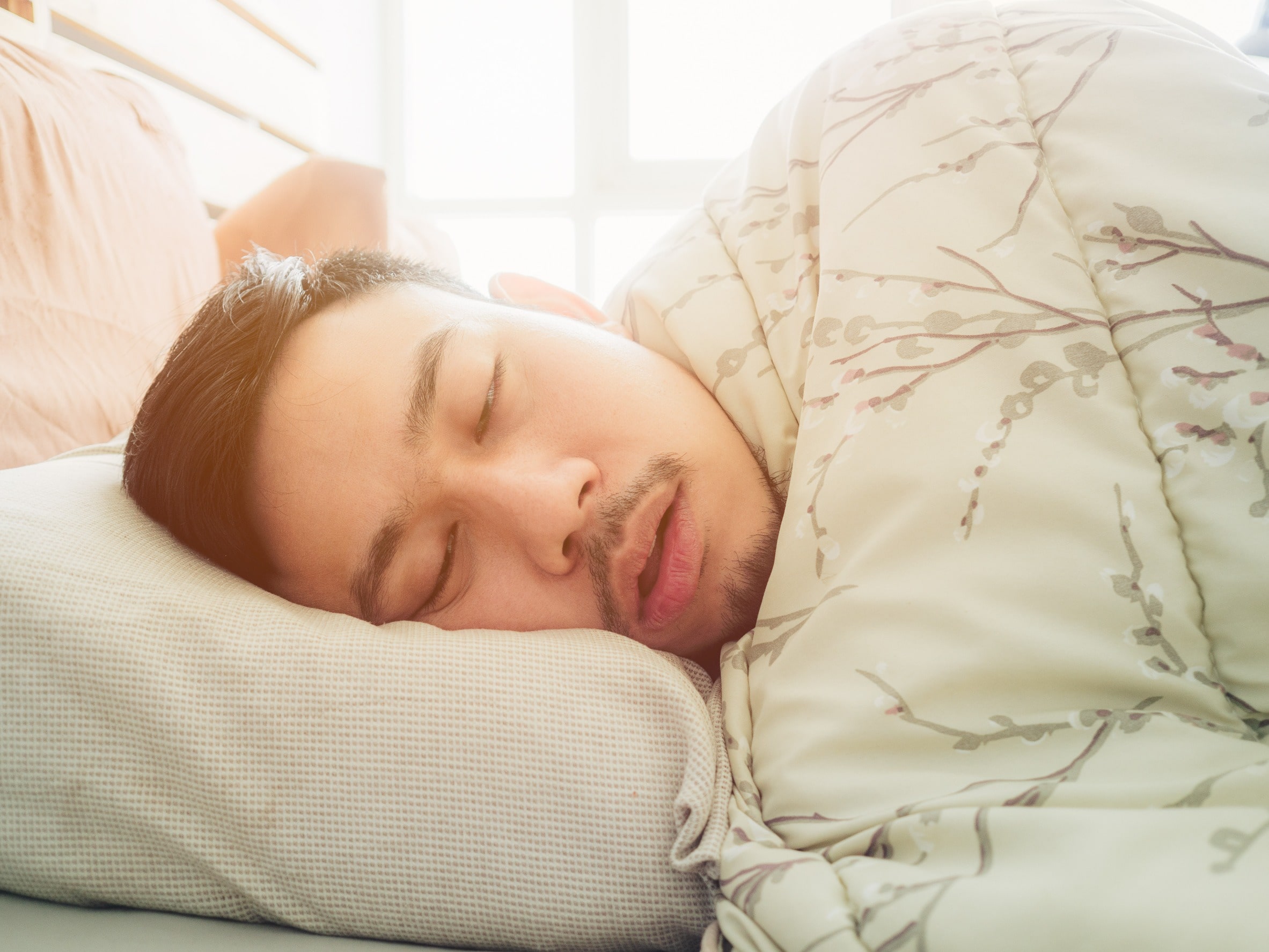Reliable Insomnia Therapy - Restore Your Restful Nights
Reliable Insomnia Therapy - Restore Your Restful Nights
Blog Article
Efficient Treatment Solutions for Handling Rest Disorders and Enhancing Peaceful Sleep
In the world of medical care, the administration of rest conditions and the quest for restful sleep are critical elements of total well-being. As we browse the detailed landscape of rest problems and seek to improve our sleep experience, a much deeper understanding of these therapy solutions may hold the trick to unlocking a much more relaxing and satisfying corrective trip.
Cognitive Behavioral Treatment for Insomnia (CBT-I)
Cognitive Behavioral Treatment for Insomnia (CBT-I) is an organized, evidence-based therapy method that concentrates on addressing the hidden variables contributing to rest disturbances. This sort of therapy intends to modify habits and ideas that aggravate sleeplessness, inevitably promoting healthy sleep patterns. CBT-I usually includes several crucial components, consisting of cognitive treatment, rest constraint, stimulation control, and rest hygiene education and learning.
Cognitive therapy aids individuals recognize and alter adverse thought patterns and ideas about sleep that may be preventing their capacity to fall or remain asleep. Rest restriction includes restricting the quantity of time invested in bed to match the individual's real rest period, thereby increasing sleep efficiency (sleep disorder treatment). Stimulation control methods assist develop a strong association in between the bed and sleep by urging people to head to bed just when sleepy and to prevent engaging in boosting activities in bed
Furthermore, sleep hygiene education concentrates on developing healthy and balanced sleep habits, such as preserving a regular sleep schedule, developing a relaxing bedtime regimen, and maximizing the sleep environment. By dealing with these variables adequately, CBT-I provides a reliable non-pharmacological treatment for taking care of insomnia and enhancing total sleep top quality.
Sleep Hygiene Practices
Having developed the structure of cognitive restructuring and behavioral modifications in resolving sleep problems via Cognitive Behavioral Treatment for Sleep Problems (CBT-I), the emphasis now shifts towards checking out necessary Sleep Hygiene Practices for keeping optimal rest top quality and general well-being.
Sleep hygiene practices incorporate a variety of routines and ecological factors that can dramatically impact one's capability to drop off to sleep and stay asleep throughout the night. Constant sleep and wake times, developing a relaxing going to bed regimen, and enhancing the sleep setting by maintaining it dark, silent, and cool are critical elements of good rest hygiene. Restricting exposure to displays prior to going to bed, avoiding stimulants like high levels of caffeine near to going to bed, and taking part in regular physical task during the day can also promote much better rest high quality.
Furthermore, practicing relaxation strategies such as deep breathing workouts or meditation before bed can help soothe the mind and prepare the body for sleep. By including these rest hygiene techniques right into one's daily regimen, individuals can develop a healthy rest pattern that sustains relaxed rest and overall health.
Leisure Methods and Mindfulness
Applying leisure methods and mindfulness methods can play an essential function in cultivating a sense of tranquility and promoting high quality rest. insomnia counseling. These techniques intend to quiet the mind, reduce tension, and produce an optimal setting for restful rest. One commonly practiced technique is deep breathing workouts, where people concentrate on slow-moving, deep breaths to unwind the mind and body. Progressive muscle mass relaxation involves tensing and after that releasing each muscle mass team, promoting physical relaxation. In addition, guided images can help deliver people to a tranquil place in their minds, assisting in stress and anxiety reduction and boosting helpful resources sleep top quality.
Mindfulness techniques, such as reflection and yoga exercise, are also effective in promoting leisure and boosting sleep. Mindfulness encourages people to look at these guys remain existing in the minute, letting go of stress over the past or future. By incorporating these practices into a bedtime routine, people can indicate to their bodies that it is time to prepare and take a break for rest. In general, integrating relaxation methods and mindfulness methods can dramatically add to handling rest problems and enhancing general rest quality.

Medication Options for Sleep Disorders
After checking out leisure methods and mindfulness methods as non-pharmacological treatments for boosting rest top quality, it is essential to think about medicine options for individuals with rest disorders. In instances where lifestyle modifications and treatment do not provide sufficient relief, medication can be a valuable device in handling sleep disturbances.
Typically prescribed medicines for rest disorders include benzodiazepines, non-benzodiazepine hypnotics, antidepressants, and melatonin receptor agonists. Antidepressants, such as trazodone, can be helpful for individuals with co-occurring clinical depression and sleep disturbances - sleep therapy.
It is essential for people to talk to a doctor to determine the most appropriate medication alternative based upon their specific rest condition and case history.
Light Therapy for Circadian Rhythm Guideline
Light treatment, additionally understood as phototherapy, is a non-invasive therapy approach used to control circadian rhythms and boost sleep-wake cycles. This treatment includes exposure to bright light that resembles all-natural sunlight, which assists to reset the body's body clock. By revealing people to my sources certain wavelengths of light, usually in the morning or evening depending on the preferred impact, light treatment can efficiently adjust the body clock to advertise wakefulness throughout the day and improve restful sleep at evening.
Research has actually shown that light treatment can be specifically beneficial for people with circadian rhythm conditions, such as postponed rest stage syndrome or jet lag. It can likewise be valuable for those experiencing seasonal affective disorder (SAD), a kind of depression that normally takes place during the winter season when natural light exposure is decreased. Light therapy is generally well-tolerated and can be utilized together with various other treatment techniques for sleep disorders to maximize results and improve general sleep top quality.
Verdict
Finally, reliable therapy options for taking care of rest problems and boosting peaceful sleep consist of Cognitive Behavior modification for Sleeping Disorders (CBT-I), sleep health practices, leisure methods and mindfulness, drug options, and light treatment for body clock guideline. These strategies can aid people enhance their sleep top quality and overall health. It is necessary to speak with a doctor to establish one of the most appropriate approach for addressing sleep issues.
As we browse the complex landscape of sleep problems and look for to boost our rest experience, a much deeper understanding of these treatment remedies may hold the key to opening a much more refreshing and meeting restorative journey.
Rest restriction entails restricting the amount of time spent in bed to match the individual's real sleep duration, thereby raising sleep performance. Consistent rest and wake times, developing a relaxing bedtime regimen, and optimizing the rest environment by maintaining it dark, peaceful, and cool are vital components of good sleep hygiene. Light treatment is typically well-tolerated and can be made use of in combination with other therapy techniques for sleep disorders to optimize end results and improve general sleep high quality.

Report this page